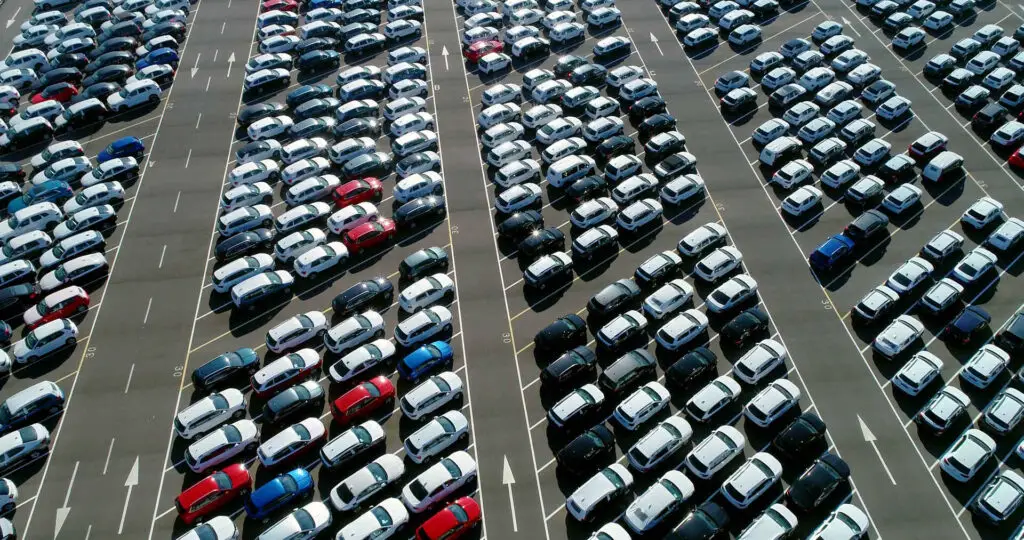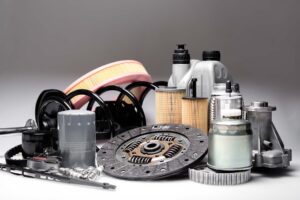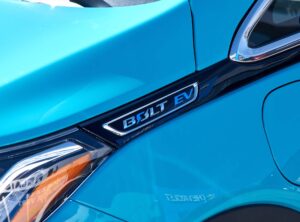Boom – just like that, the global auto industry hits a speed bump. China’s rare earth curbs have thrown a wrench into the gears of car manufacturing worldwide. From Detroit to Tokyo, automakers are scrambling to adapt. Here’s the lowdown on how this mineral mess is reshaping the road ahead.
Why Your Ride Might Owe Its Life to Rare Earths
Rare earth elements might sound like something from a sci-fi novel, but they’re behind every smooth ride. These minerals power everything from electric motors to advanced safety systems. China, holding about 90% of the world’s rare earth supply, decided to tighten its grip. By requiring export licenses for these materials, with only about 25% getting approved, they’ve created a bottleneck that’s causing headaches for automakers globally.
Suzuki Hits the Brakes on Swift Production
Suzuki Motor Corporation felt the sting firsthand. The company halted production of its popular Swift model (excluding the Swift Sport) from May 26 to June 6 due to a shortage of components linked to China’s export restrictions. While production is set to resume partially on June 13, the disruption underscores the fragility of global supply chains.
This move marks the first time a Japanese automaker has been directly impacted by the rare earth curbs. It’s a wake-up call for the industry, highlighting the need for diversified sourcing and more resilient supply chains.

European Automakers Also Feel the Squeeze
European carmakers aren’t faring much better. Some auto parts plants have suspended operations, and giants like the Mercedes-Benz brand are exploring ways to mitigate the impact. The European Association of Automotive Suppliers (CLEPA) has urged the EU and Chinese authorities to engage in dialogue to make the export licensing process more transparent.
Germany’s VDA auto industry group warned that China’s export restrictions could disrupt, or even halt altogether, German car production. While Mercedes-Benz hasn’t experienced disruptions yet, the potential for supply chain issues looms large.
US Auto Suppliers Are Sounding the Alarm
Across the pond, US auto suppliers are also raising red flags. The Motor & Equipment Manufacturers Association (MEMA) highlighted the “serious, real-time risks” to supply chains. With China’s dominance in rare earth production, American manufacturers are vulnerable to these export curbs. It seems it’s payback time for Trump’s tariffs. The situation is so dire that some automakers warn production could come to a halt by mid-July if the restrictions continue.
China Just Played the UNO Reverse Card on Automakers
So, why is China tightening the screws? Analysts suggest it’s a strategic move in the ongoing trade tensions with the US. By leveraging its control over rare earths, China gains significant bargaining power. The restrictions also encourage domestic manufacturing of high-value components, aligning with China’s goal to move up the value chain.
This isn’t the first time China has used rare earths as a geopolitical tool. In past disputes, similar tactics have been employed, underscoring the minerals’ importance not just economically, but strategically.

Buckle Up, the Supply Chain Ride Is Just Getting Started
The current crisis highlights the automotive industry’s overreliance on a single source for critical materials. Diversifying supply chains is no longer optional – it’s imperative. Countries like Australia, with companies like Lynas Rare Earths, are stepping up to fill the gap, but scaling up production and refining capabilities will take time.
In the meantime, automakers might need to explore alternative technologies or adjust production strategies. It’s a challenging road ahead, but with innovation and collaboration, the industry can navigate these rough terrains.








